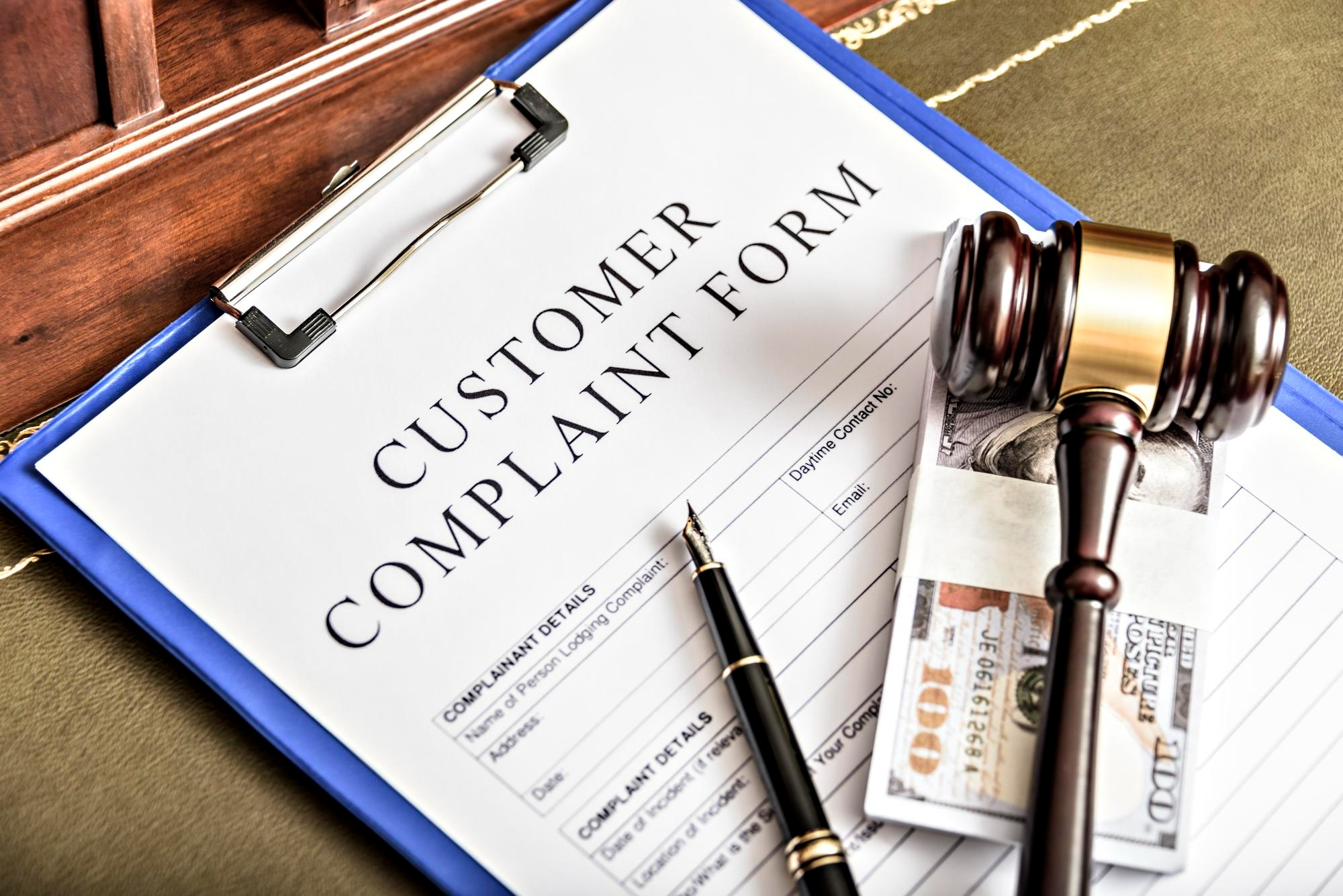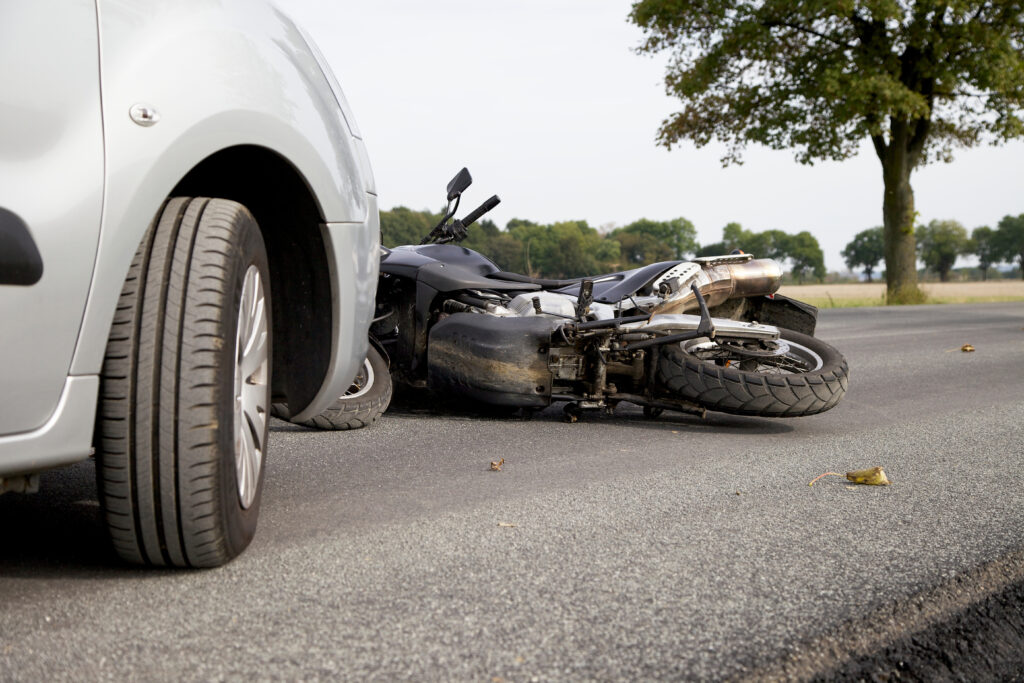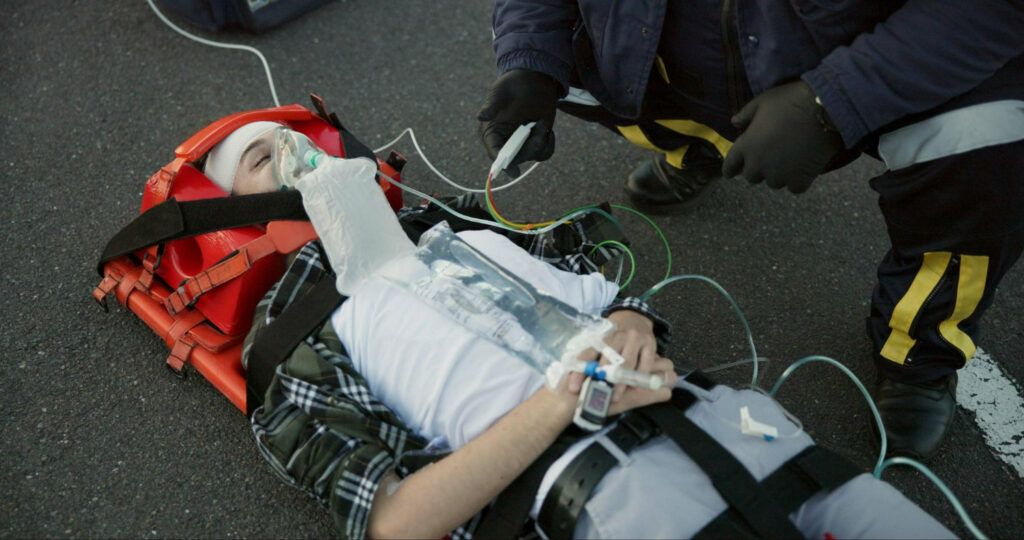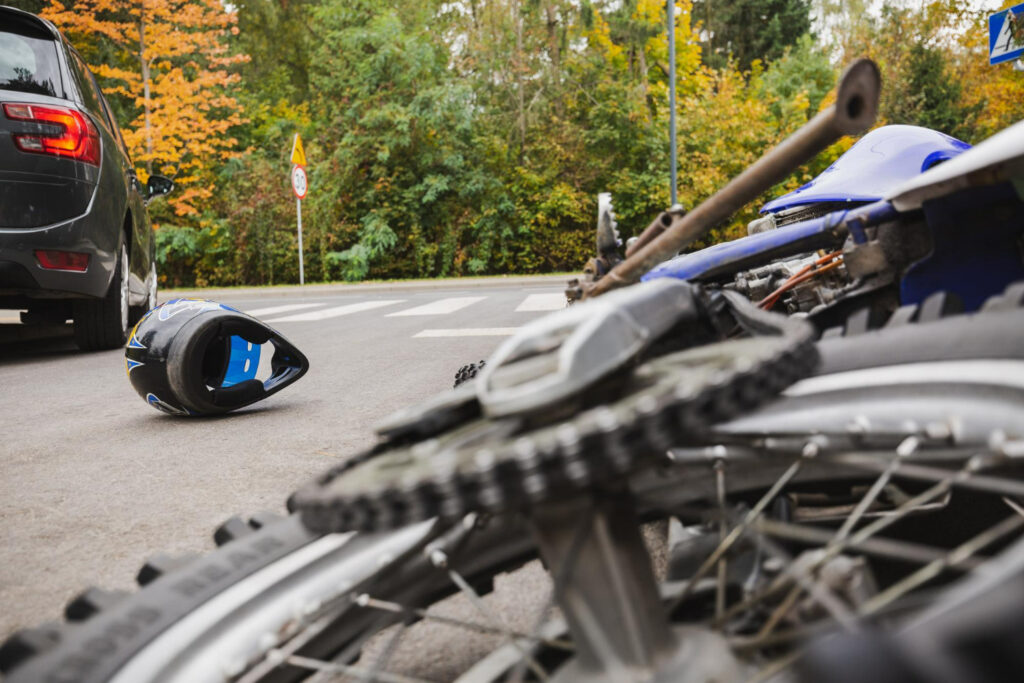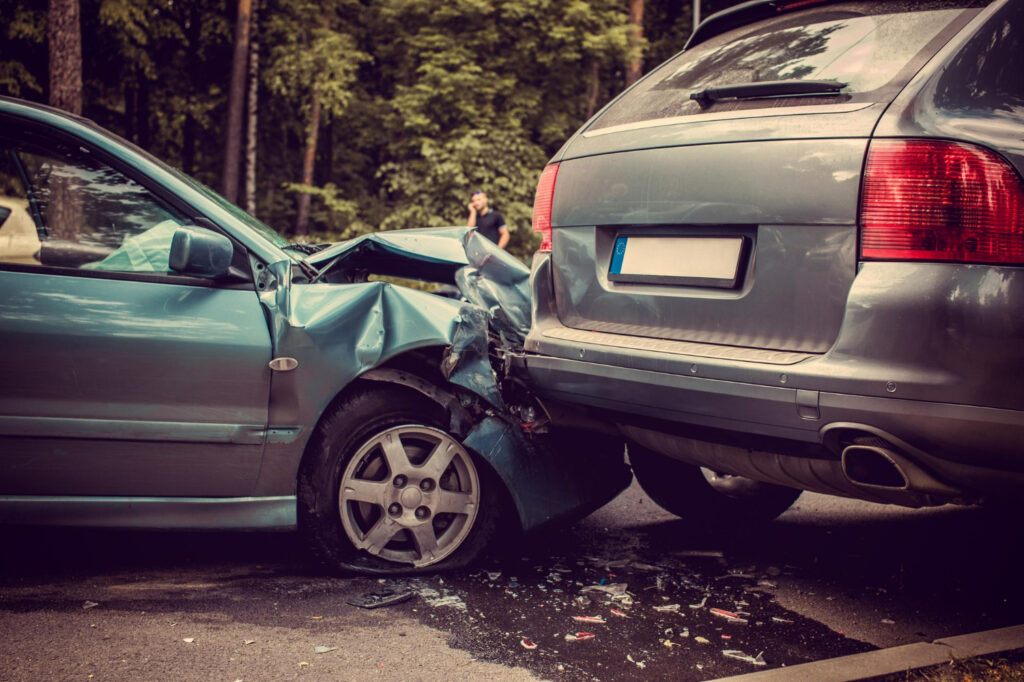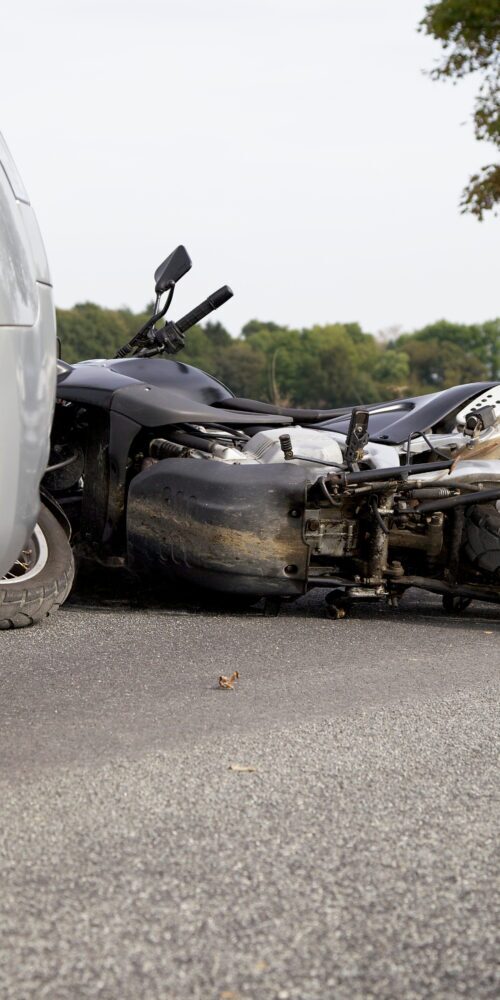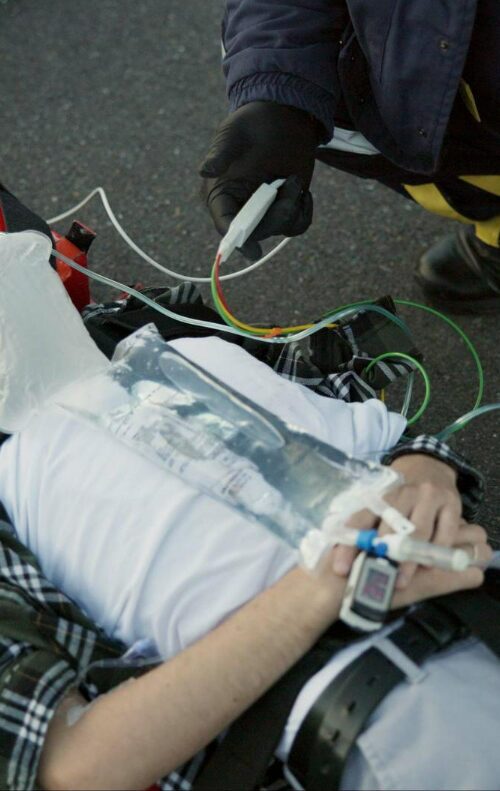Imagine this: your friend borrows your car for a quick trip to the store in Dallas, but on the way, they are involved in a collision. What happens next? This scenario is more common than you might think and brings to light complex issues surrounding car accident liability and Texas insurance claims. Understanding what happens if someone else is driving my car and gets in an accident isn’t just helpful—it’s essential.
Navigating the aftermath of such incidents involves understanding the Dallas liability law and how it applies to non-owner accidents. This article aims to demystify the legal and insurance consequences faced by both the car owner and the driver. Whether it’s dealing with Texas car lawyer nuances or Dallas accident attorney consultations, knowing your rights and responsibilities can significantly influence the outcome of the incident.
As we delve deeper, we will explore various aspects, including vehicle owner liability, how Texas liability insurance handles accident-borrowed car situations, and the vital steps both parties should take post-accident. By the end of this discussion, you should comprehensively understand the dynamics of a Dallas car accident when you are not behind the wheel but your vehicle is involved.
Legal Liability Explained

Insurance Implications
Primary vs. Secondary Insurance Coverage
In Texas, it is generally the car owner’s insurance that initially covers the damages from an accident. This primary insurance coverage will handle most claims, but secondary coverage, such as the driver’s policy, might also play a role if the primary coverage is insufficient. This section delves into how these insurance layers interact, a critical knowledge area for any car owner.
Impact on Insurance Premiums
It’s a common misconception that only the driver’s insurance premium will increase after an accident. If your car is involved in an incident, your premiums might rise as well, especially if your policy covers the damages. Discussing these potential financial impacts with a Dallas accident attorney can help you understand the long-term consequences on your insurance rates.
Exceptions and Exclusions
Certain exceptions can alter how insurance claims are handled. For example, if the person driving your car was conducting business activities without a commercial policy endorsement, your personal auto insurance might deny the claim. Understanding these nuances under Dallas legal advice is essential to avoid unexpected gaps in coverage.
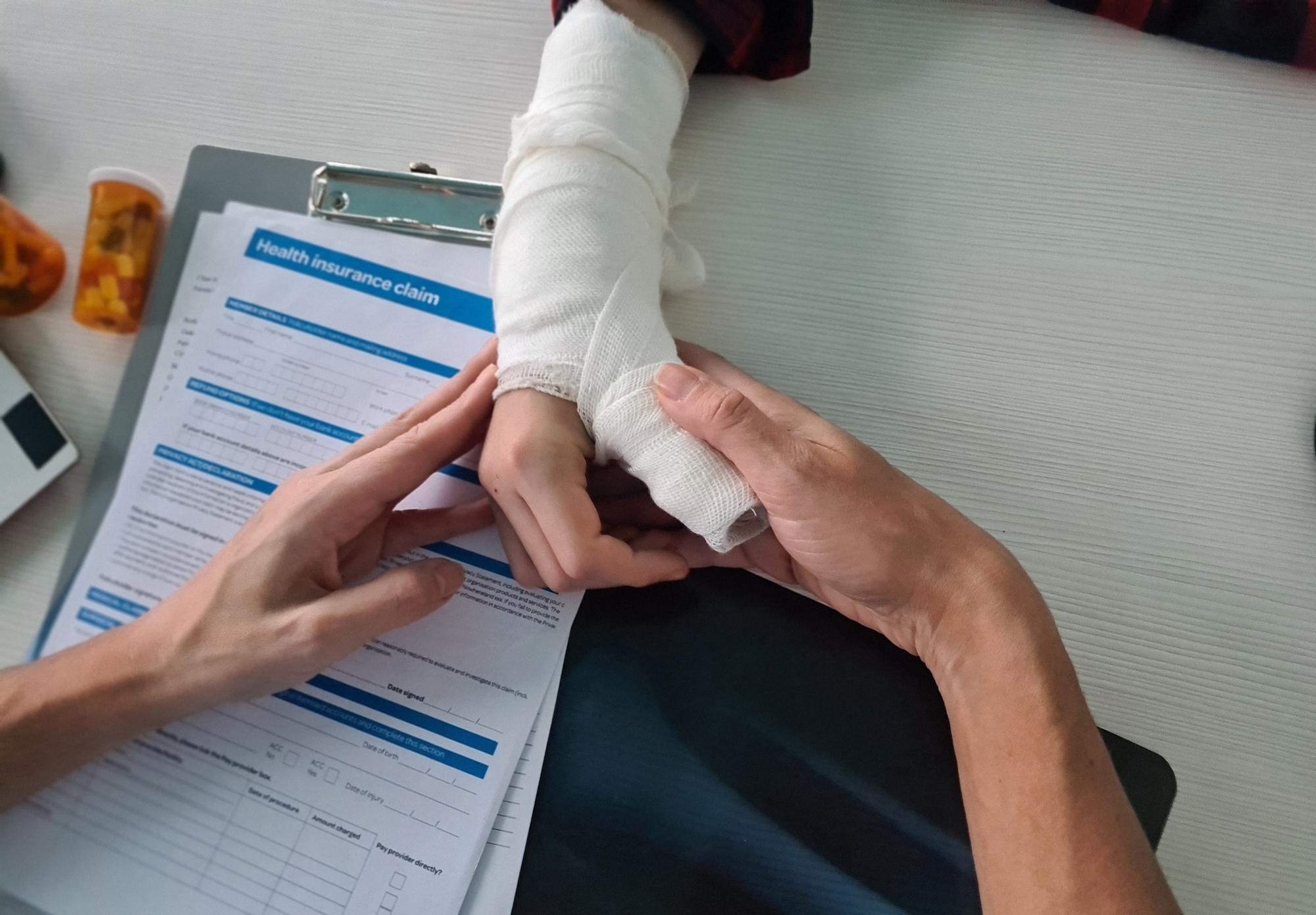
Steps to Take Immediately After an Accident
At the Scene
If someone else crashes your car, the immediate steps include ensuring they gather evidence at the scene—photos, witness information, and a police report. These details are crucial for both insurance claims and potential legal actions.
Following Days
After the accident, it’s imperative to conduct a thorough medical evaluation—even if no injuries are immediately evident. Documentation from these assessments can be vital in any subsequent personal injury settlement amounts examples.
Consulting with an Attorney
Seeking early legal advice is crucial. A Dallas injury lawyer can offer crucial insights on navigating the aftermath of an accident, particularly in complex non-owner accident situations.
Insurance Implications When Someone Else Is Driving Your Car
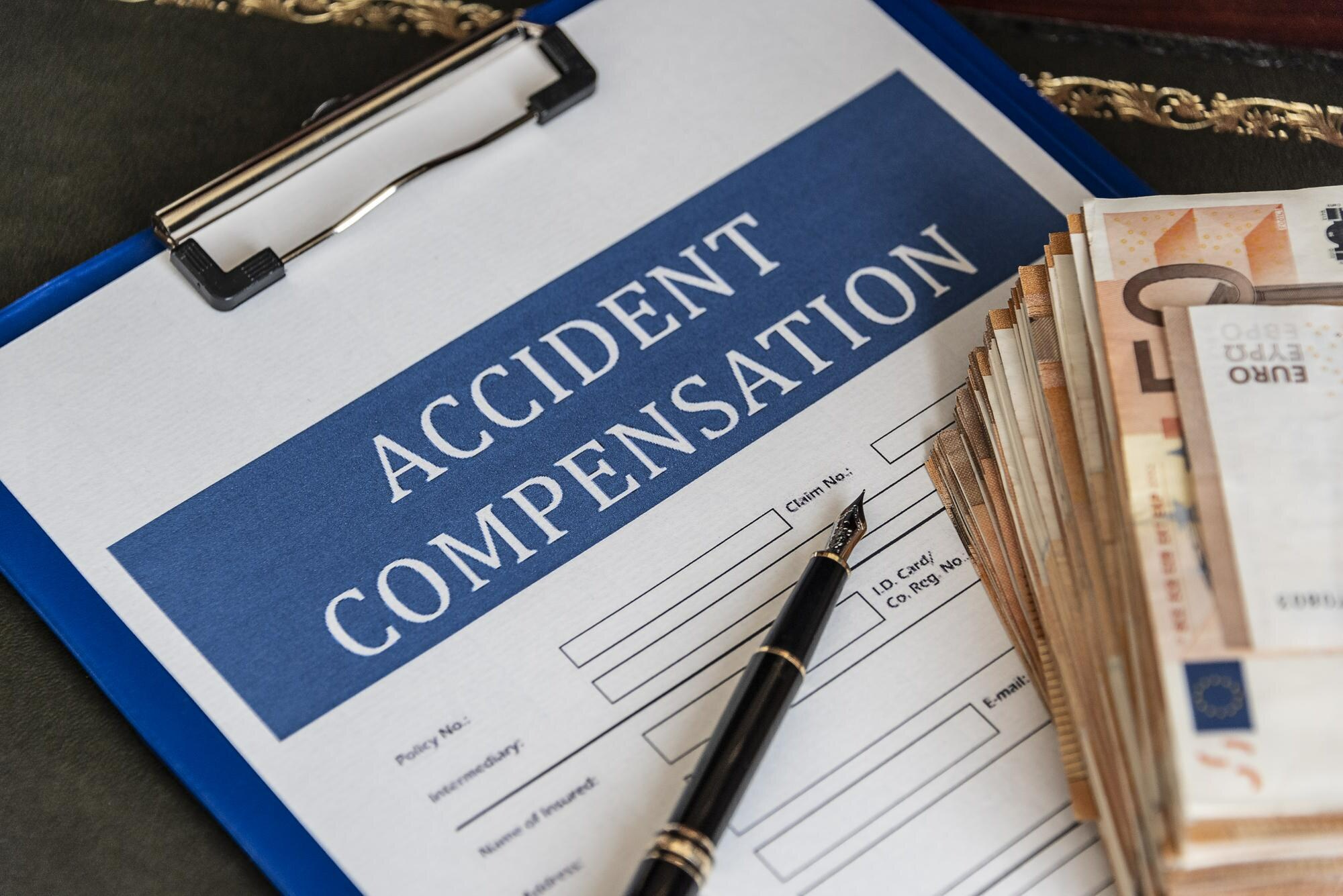
Steps to Take Following the Accident
When you lend your car to someone and they get into an accident, the steps taken immediately afterward are crucial for both the driver and the car owner. Understanding what happens if someone else is driving my car and gets in an accident involves knowing the appropriate actions to protect legal and insurance interests.
Immediate Steps for the Driver
If someone else is driving your car and is involved in a Dallas car accident, the first priority is ensuring the safety of all parties involved. The driver should:
- Check for injuries: Ensure that all individuals involved are safe and call for medical help if necessary.
- Report the accident: The driver must contact the police immediately. A police report is a crucial document that should detail the accident. This report will be important for Texas insurance claims and legal proceedings.
- Document the scene: If possible, the driver should take photographs of the accident scene, including all vehicles involved, any visible damages, and road conditions. This will be vital for both the Dallas accident attorney and insurance adjusters.
- Exchange information: The driver should collect contact and insurance information from all parties involved in the accident. This includes names, addresses, phone numbers, and insurance details.
- Notify the insurance company: Even though they are not the owner, the driver should inform the insurance company about the accident to initiate the claims process. The owner will need to follow up.
Owner’s Responsibilities
As the car owner, you have specific responsibilities once you learn that your vehicle has been involved in an accident:
- Contact your insurance company: As the vehicle’s owner, you need to inform your insurer about the accident, providing all the details you’ve gathered from the driver. Your policy is the primary insurance in most Texas car lawyer cases, especially if the driver doesn’t own a car or their insurance doesn’t cover the damages fully.
- Consult with a lawyer: It’s advisable to seek Dallas legal advice to understand your liability and to navigate the potential complexities of vehicle owner liability and owner accident liability.
- Follow up on the insurance process: Ensure that your insurance claim includes all necessary documents and evidence. This may involve communicating with the driver to gather additional details or documentation.
Documentation and Evidence Collection
Both the driver and the owner must understand the importance of collecting and preserving evidence:
- Photos and videos: Visual evidence from the accident scene can help insurers and attorneys establish the facts clearly.
- Witness statements: If there were witnesses to the accident, their accounts could be crucial in determining car accident liability.
- Medical reports: If injuries occurred, detailed medical reports would be necessary to claim damages related to personal injuries.
Repair estimates: Documenting the damage to your vehicle with repair estimates can expedite the insurance process and ensure adequate compensation.
Resolving Disputes and Claims
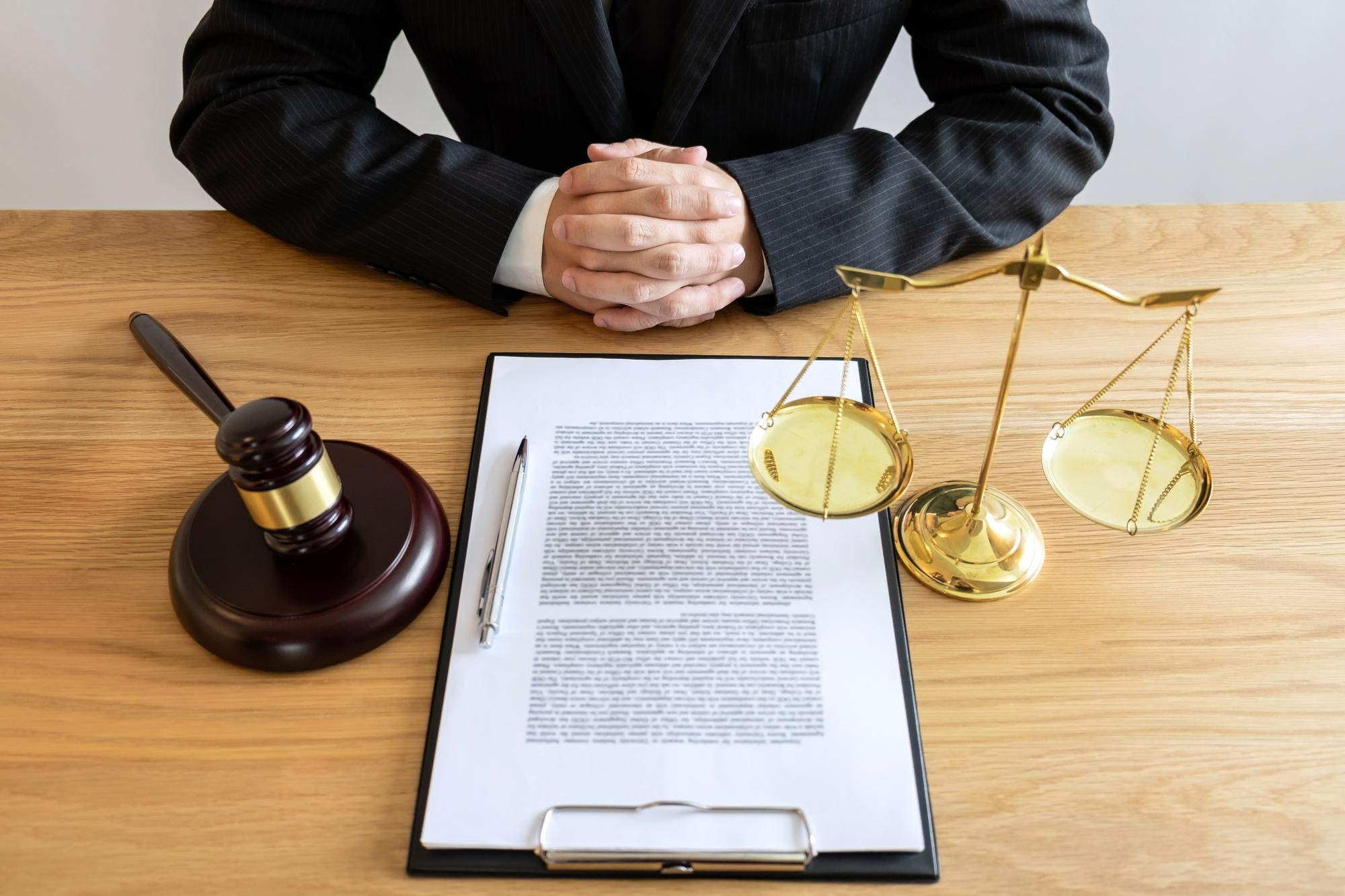
Safeguarding Your Rights as a Car Owner
In conclusion, understanding the ramifications of having someone else involved in a Dallas car accident while driving your vehicle is crucial. We have explored key aspects of car accident liability, including the potential vehicle owner liability and insurance roles under Texas insurance claims laws. Knowing these details ensures that you remain prepared and protected legally and financially.
For car owners in Texas, reviewing your insurance coverage and familiarising yourself with Dallas liability law to mitigate potential risks associated with non-owner accidents and borrowed car accidents is essential. Being proactive about these matters can significantly reduce the stress and financial burden should an accident occur under such circumstances.
At Freese & Goss, we specialize in navigating the complex landscape of Texas car lawyer services, particularly in cases of Dallas car accidents involving non-driver accidents and owner accident liability. Our team is committed to providing robust legal support and guidance to ensure that your rights as a car owner are vigorously defended.
We invite you to contact Freese & Goss for a detailed consultation to discuss your specific situation and how we can assist you in managing any legal issues arising from car lending accidents. Our expert Dallas accident attorneys are here to help you navigate the complexities of Texas liability insurance and protect your interests. Reach out today to ensure that you are fully prepared for any incidents in the future.


